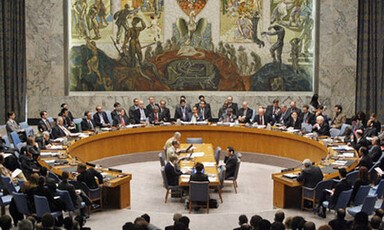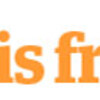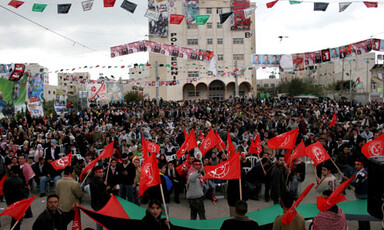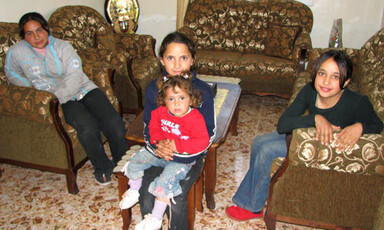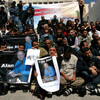
Invisible lives: Iraqis in Lebanon
9 April 2007
Estimates for the number of Iraqis who have fled to Lebanon ever since the US-led invasion of Iraq in 2003 vary. While the Beirut office of the UN High Commissioner for Refugees (UNHCR) estimates that approximately 40,000 Iraqis are currently in Lebanon, security officials the Lebanese Ministry of Internal Affairs say they believe the number is actually closer to 100,000. Lebanon not being a signatory to the 1951 UN Refugee Convention, many Iraqis do not register with UNHCR and live in fear of detention and deportation back to Iraq. Read more about Invisible lives: Iraqis in Lebanon


